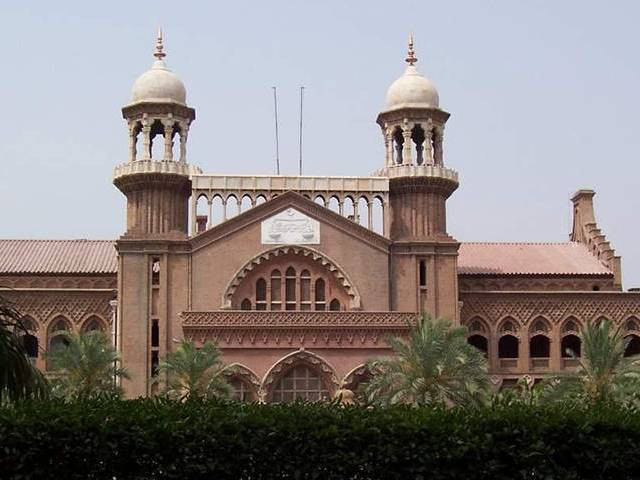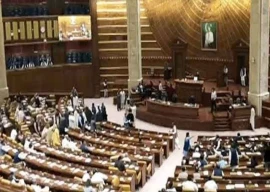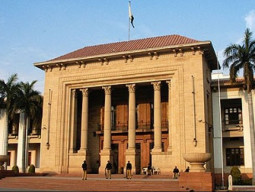
The Punjab Defamation Law, 2024 passed by the Punjab assembly has been challenged in the Lahore High Court (LHC).
Advocate Nadeem Sarwar filed a petition against the law on Saturday, making the chief minister, governor, and Punjab government respondents in it.
The petition argued that the law goes against the constitution and existing defamation ordinances and acts.
The petitioner claimed that journalists were not consulted before passing the law, suggesting it was rushed to control the media.
The petition urged the court to declare the defamation law ‘null and void’ and halt its implementation until the case is resolved.
The Acting Governor of Punjab, Malik Muhammad Ahmad Khan had just signed the defamation bill passed by the provincial assembly, making it an official law following gazette notification.
The Council of Pakistan Newspaper Editors (CPNE) had vehemently rejected the controversial Defamation Bill 2024 passed by the Punjab Assembly, denouncing it as a serious assault on press freedom and branding it a "black law".
The CPNE argued that the bill, rushed through without due consideration, not only establishes a parallel judicial system but also empowers self-styled tribunals to impose hefty fines ranging from Rs3 million to Rs30 million.
The body in a statement expressed deep concerns that the bill would provide the administration with unchecked authority to suppress dissenting voices. "Under no circumstances will the CPNE accept such draconian legislation and stands ready to protest alongside other journalistic organisations," the statement read.
Later the government's key ally, the PPP, also decided to part ways with the PML-N over the legislation amid mounting pressures.
Ali Haider Gilani, the parliamentary leader of PPP in the provincial assembly, expressed his dismay over the lack of consultation regarding the recently passed Punjab Defamation Bill, 2024.
Gilani lamented that neither was the party consulted nor informed about the bill's passage. He stressed that the PPP had no desire to be associated with the legislation, which is why members were instructed to not attend the session on the day of its approval.




















COMMENTS
Comments are moderated and generally will be posted if they are on-topic and not abusive.
For more information, please see our Comments FAQ